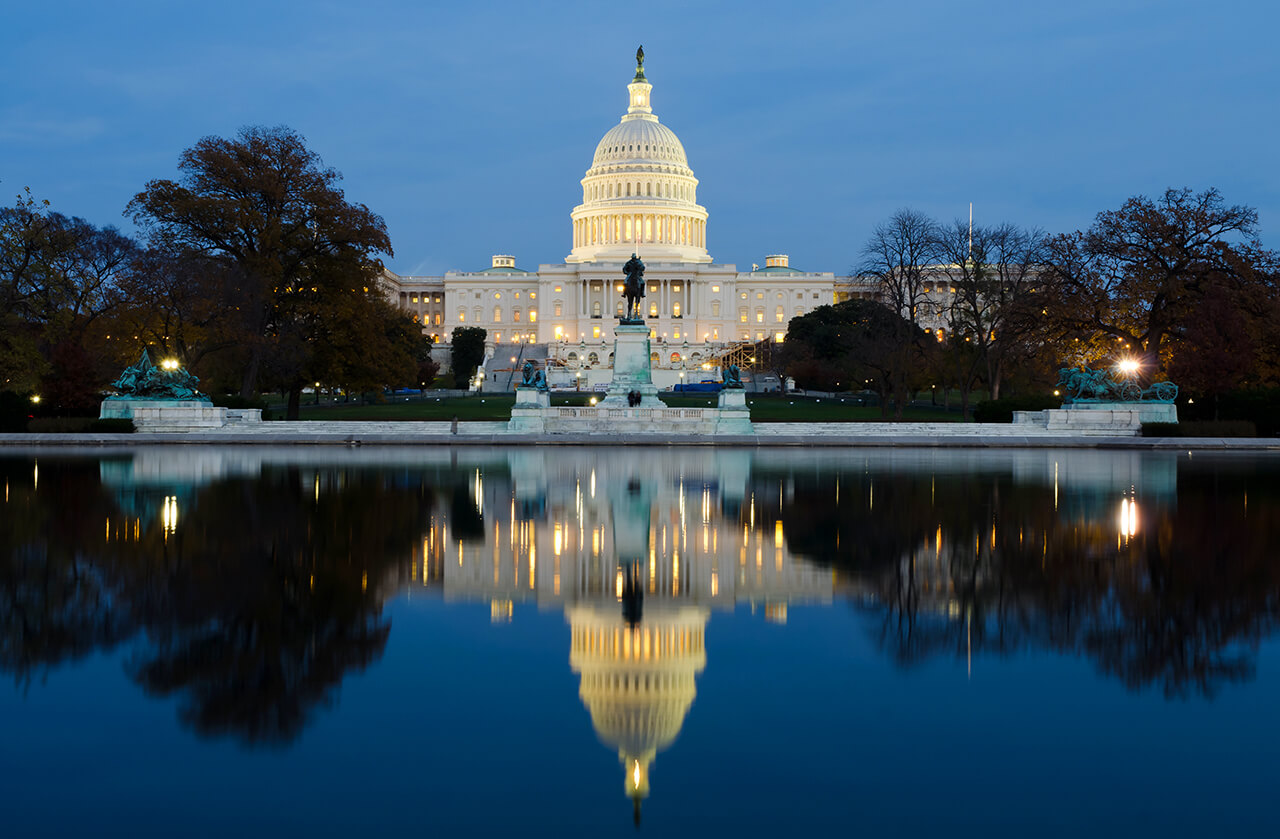Can they reach a bipartisan consensus on fixing healthcare? That’s the question now that the U.S. Senate Committee on Health, Education, Labor and Pensions has completed its hearings on stabilizing premiums and ensuring access to insurance in the individual health insurance market for 2018. The committee held its fourth and final hearing last week.
Sen. Lamar Alexander, R-Tenn., the committee chair, said the hearings underscored the serious bipartisan effort underway in the Senate to resolve issues with the ACA to stabilize health insurance markets for 2018. “For seven years, hardly a civil word was spoken between Republicans and Democrats on the Affordable Care Act,” he said. “But for the last 10 days, senators from both sides of the aisle have engaged in serious discussion for several hours at a time on what Congress can do between now and the end of this month to limit premium increases for 18 million Americans next year and begin to lower premiums in the future.”
He said the committee’s goal was to try to reach consensus this week on an agreement that Congress can pass by the end of September. New insurance rates for 2018 are to be posted on the government’s website, healthcare.gov, by Sept. 27.
At its final hearing, the committee heard testimony from five health insurers. The insurers echoed the support expressed by governors, state insurance officials and health and insurance experts in the earlier hearings for continuing cost-sharing reduction payments (CSRs) to insurance companies as a way to reduce deductibles and other out of pocket costs on plans offered on government healthcare exchanges and providing more flexibility for states to craft solutions to their healthcare challenges.
Manny Sethi, MD, President of Healthy Tennessee Orthopedic Trauma Surgeon, a non-profit organization that promotes preventative care by way of education, statewide symposiums, and free health fairs, said there are many challenges facing the individual insurance market in Tennessee. Among his recommendations, Dr. Sethi urged the committee to continue CSR payments to stabilize the insurance markets. “Premiums are rapidly rising as insurers fear they will be left bearing the costs. These soaring costs are forcing young members out, saturating the market with higher-need and higher-cost patients, and further escalating prices in a troublesome cycle,” he said.
Also testifying was Susan L. Turney MD, Chief Executive Officer of Marshfield Clinic Health System, Inc. (MCHS), a multi-specialty physician-based practice with several hospitals in various stages of development and construction, and an insurance subsidiary providing coverage throughout Wisconsin in commercial, Medicare and Medicaid markets. MCHS has 663 physicians and 400 non-physician providers across 80 medical specialties and more than 9,000 staff. It has more than 1.4 million patient encounters annually and sees patients from every Wisconsin county, every state in the United States and nearly 30 foreign nations.
Dr. Turney said that her company’s insurance subsidiary, Security Health Plan of Wisconsin, was heavily reliant on the cost sharing reduction (CSR) payments paid monthly to lower their member’s out-of-pocket costs when they use health care services “Nonpayment of the subsidy has a profound impact to the rates insurers, including Security Health Plan, will charge,” she said. “The assumption of non-payment of the CSR subsidy has pushed Security’s rate increase to double over what it would have been if CSR payments would continue as promised.”
Robert Ruiz-Moss, Vice President, Individual Market Segment, Anthem Inc., which serves more than 74 million Americans as an independent licensee of the Blue Cross and Blue Shield Association, also supported continued funding of CSR payments because they help low-income enrollees better afford co-pays, deductibles, and other out-of-pocket costs. He pointed out that 6.4 million consumers are benefiting from CSRs. “However, uncertainty over funding for CSRs for the remainder of 2017 and 2018, including threats to cut off this funding, both immediately and in the future, only contributes to the instability undermining the individual market,” he said.
He also supported more flexibility for states through Section 1332 waivers, asking the committee to reduce the time period for federal review of waiver applications and expediting the approval of waivers to states offering similar solutions to those already approved for other states. He also called for the development of a reinsurance program to provide consumers more affordable options on the health insurance market.
Christina Postolowski, Rocky Mountain Regional Director, Young Invincibles, a non-profit, non-partisan research and advocacy organization working to expand economic opportunity for young adults ages 18 to 34, said young adults value health insurance and want to enroll in coverage. She called for “swift” funding of cost-sharing reduction payments through at least 2019, reversing cuts to marketplace enrollment promotion and consumer assistance targeting young adults, providing increased financial assistance to maximize young adult enrollment and further stabilize the market, and creation of a permanent reinsurance program instead of high-risk pools.
“Well-funded and well-designed reinsurance programs will go a long way to helping cover high-cost consumers – a return to state or federal high-risk pools, on the other hand, will not, she said. “Historically, high-risk pools have been woefully inadequate at providing affordable, comprehensive coverage to those who need it most and would fail to meet the needs of young people, resulting in higher uninsured rates.”
Raymond G. Farmer, Director, South Carolina Department of Insurance, spoke on behalf of the National Association of Insurance Commissioners (NAIC). He said that state insurance regulators supported continued funding of CSR payments, more flexibility in granting of Section 1332 waivers, and creation of a federal reinsurance program with permanent funding.
“While the experiences of the states have differed, every state regulator is concerned that things could be worse in 2018 if the necessary legislative and administrative actions at the federal level are not swiftly taken,” he said.
You can watch a video of the committee hearings, as well as download the testimony of the governors who offered testimony at this link.






